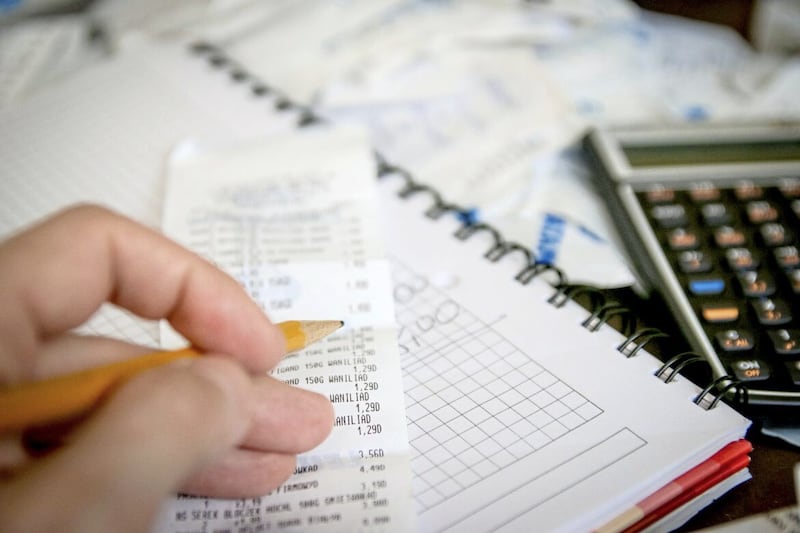SINCE October 2021, Land & Property Services (LPS) has been working with the business community to gather rental evidence and other information to help assess new values on almost 75,000 non-domestic properties in Northern Ireland.
Known as Reval2023, this process will result in a new non-domestic Valuation List coming into effect in April. Next year’s rate bills for non-domestic properties will be based on this new list.
Rates are an essential source of funding for public services. Each year business rates generate around £650 million in Northern Ireland, which helps fund vital public services such as our education, health and infrastructure as well as a wide range of functions undertaken by district councils.
As rate bills are based on property values, LPS needs to carry out revaluations from time to time so that the very important revenue collected through the rating system is based on values which are up to date. This maintains the fairness of the system by redistributing rates in line with changes in the property market.
The last revaluation of business properties in Northern Ireland was in 2020 and was based on April 2018 rental values. A lot has changed in the property market since then, not least because of the impact of the global pandemic. The new rateable values will better reflect how property values have changed between sectors and locations since the last revaluation in 2020.
More frequent revaluations is something that business ratepayers have called for because it means the changes are easier to manage. The new revaluation has been delivered only three years since the last one in 2020. This is the shortest time between revaluations ever delivered in any of the UK jurisdictions.
Overall, the total rateable value in the valuation list will decrease by just under 1 per cent. This is the first time that the total value has decreased between revaluations, which is a reflection of the challenging economic conditions experienced by some business sectors and locations at the valuation date of October 1 2021.
But that does not mean that all ratepayers will see a reduced rateable valuation. Some sectors and locations have experienced above average growth because the market demand for those properties has been strong.
The question that most business ratepayers are interested in is what difference this will make to their rate bill.
The first thing to be clear about is that the revaluation does not in itself change the amount of revenue that is raised from rates, it just redistributes who pays the tax on the basis of more up to date information about what is happening in the market.
After a revaluation, both the Department of Finance and district councils adjust the regional and district rates to make sure that the overall amount of money collected stays the same. This means that, before any other changes are made to the rates by the Executive or the councils, over 64 per cent of business ratepayers would either see a reduction or no change in their rate bill.
However, the rateable values are only one aspect of the rates businesses will pay. The value is multiplied by the combination of the District and Regional rate 'poundages’. These rates will be set by the district councils and, in the absence of an Executive, by the Secretary of State, by the end of February. Those poundages will be used to calculate the rates bills for 2023/24. Until those poundage rates are set in February, it will not be possible to say whether any individual business’s rates bill will go up or down.
Now is your opportunity to view the new draft valuation of your property ahead of rate bills being issued in the Spring of 2023. In many cases you will be able to view a breakdown of how your valuation has been calculated, as well as seeing the same information for similar properties in your own locality and indeed for similar properties across Northern Ireland.
As well as being able to view your new valuation online at a time that suits you, the Reval2023 team will be going out across Northern Ireland in January and February, holding events where you can talk to them and find out more about what your new valuation means for you.
If you have any queries in respect of your new valuation please don’t wait until your rate bill for next year arrives. Make contact with Land & Property Services now.
To find out more about Reval2023 or view the draft schedule of values visit: https://valuationservices.finance-ni.gov.uk/DraftSchedule/Search. If ratepayers are unable to access the online service they can contact Land & Property Services on 0300 200 7801.
:: Angela McGrath is commissioner of valuation for Northern Ireland, Land & Property Services




